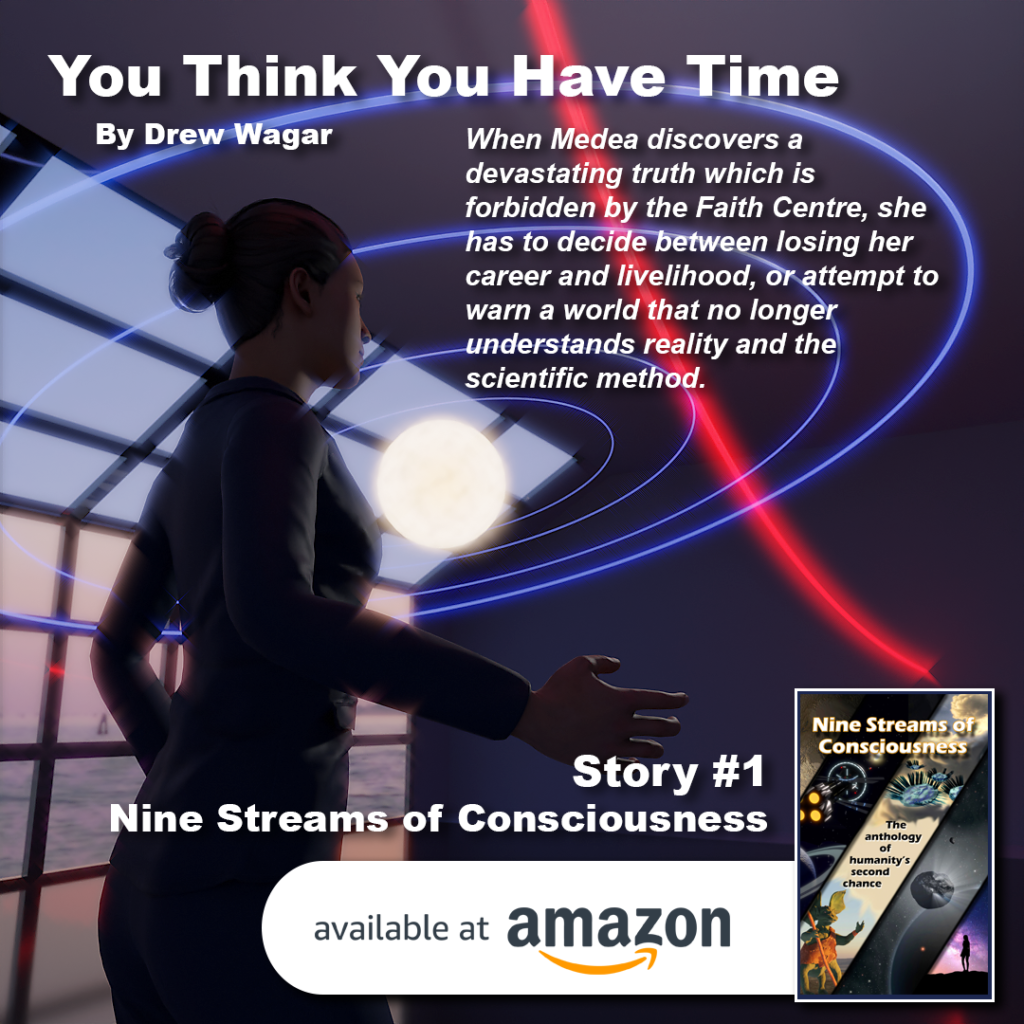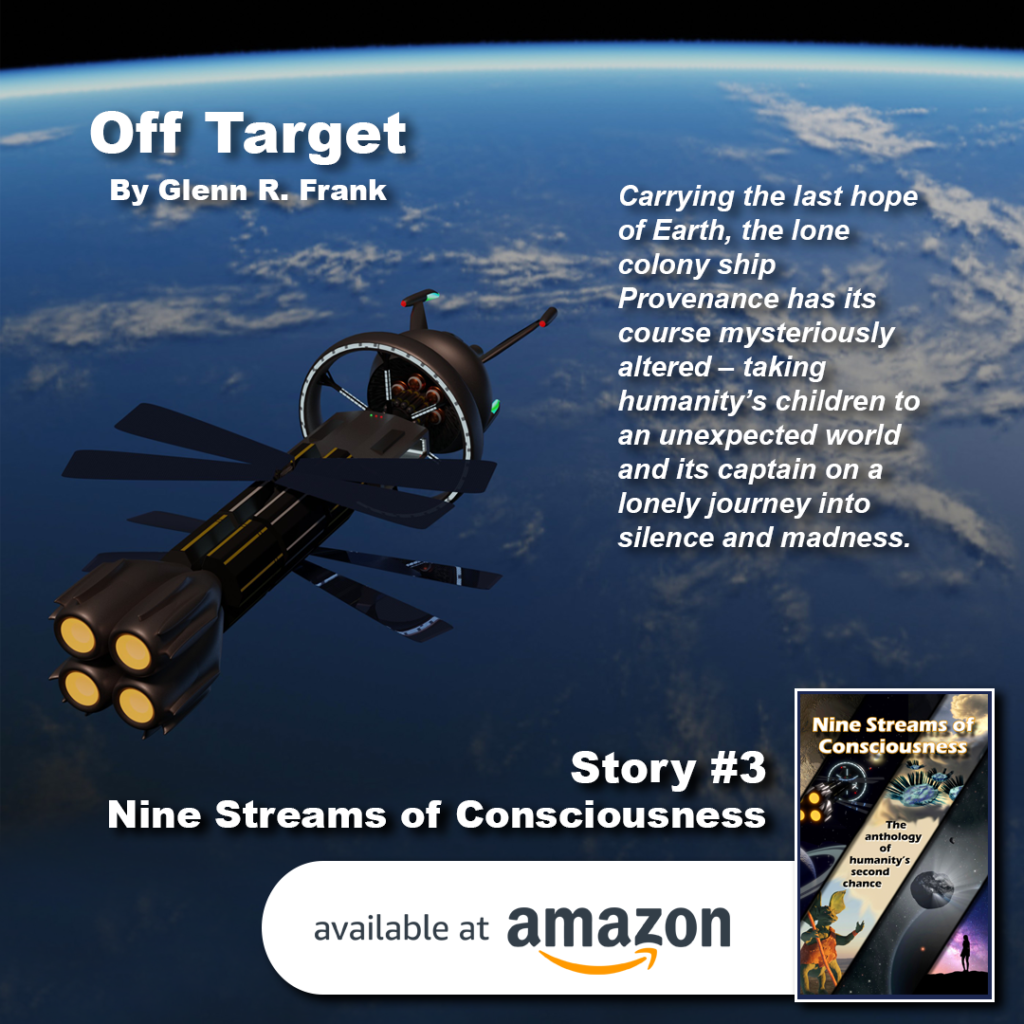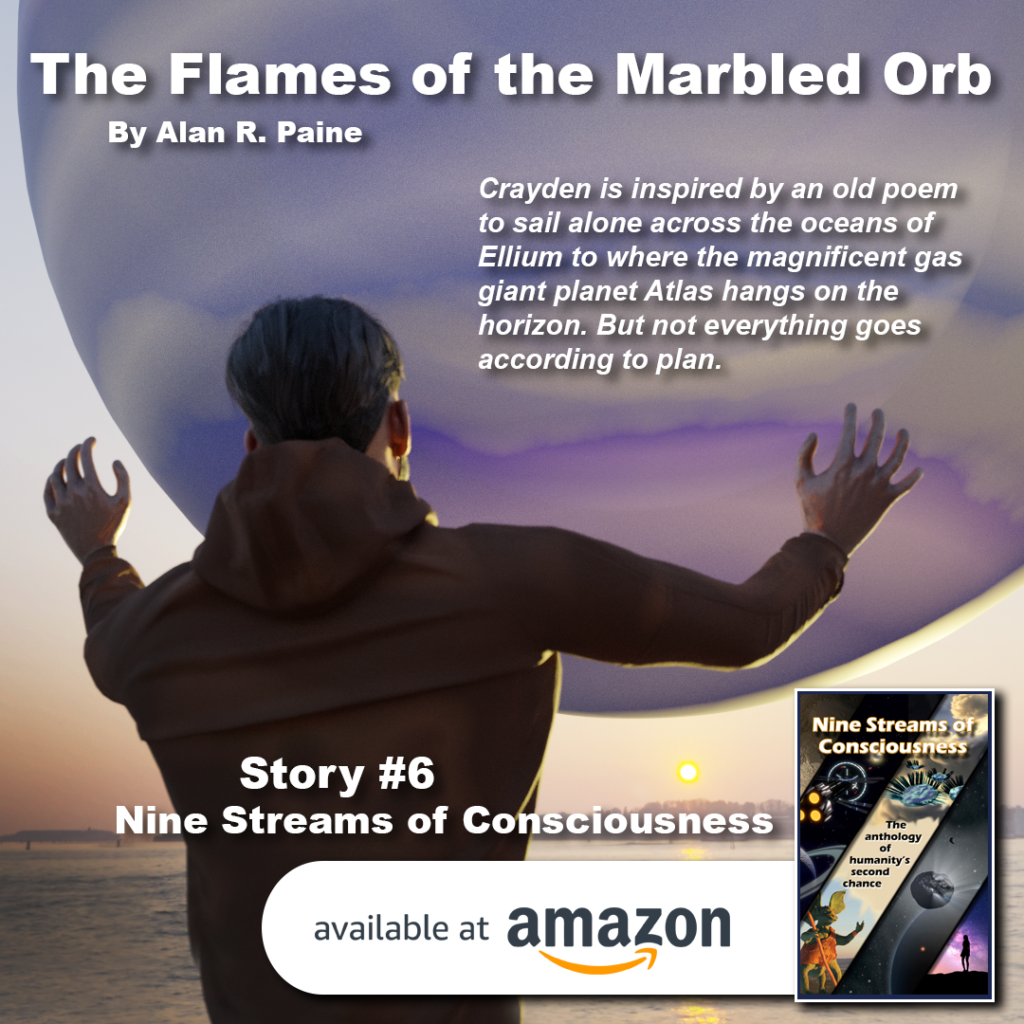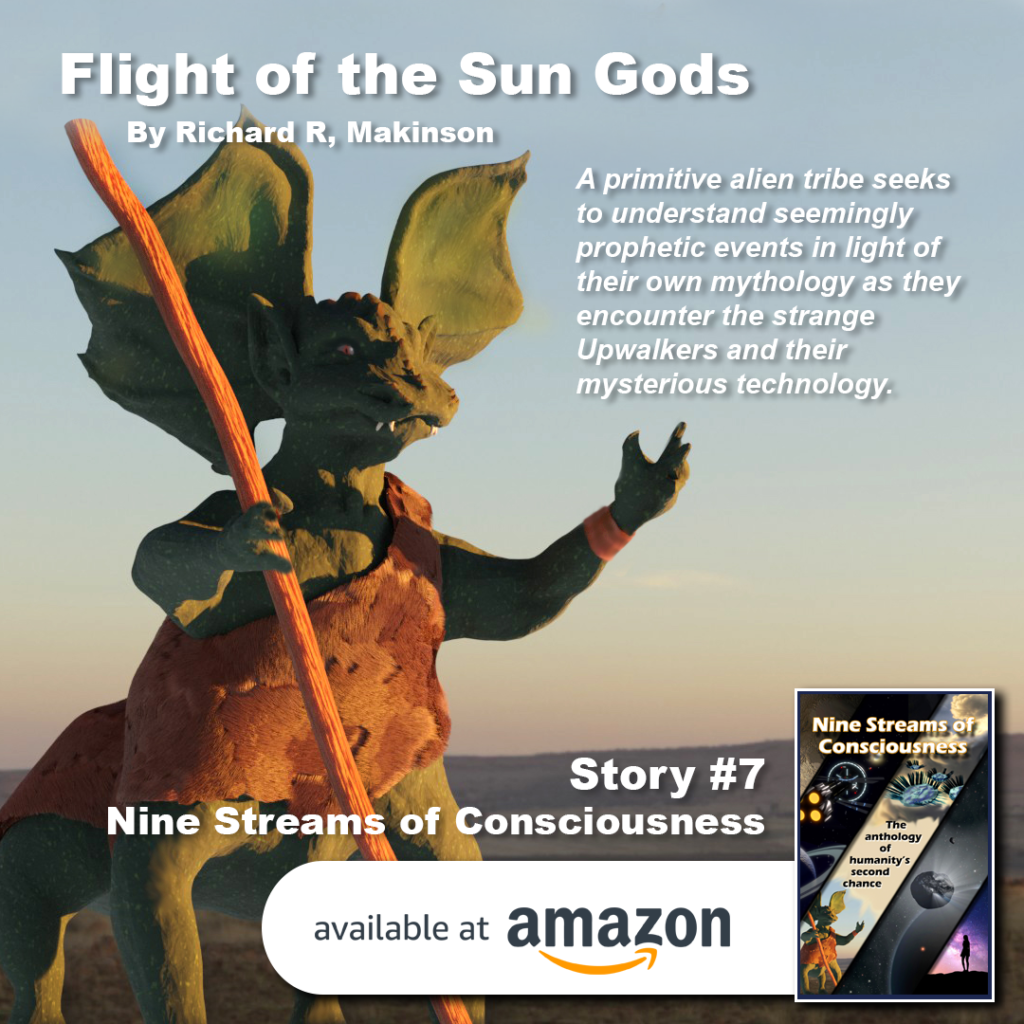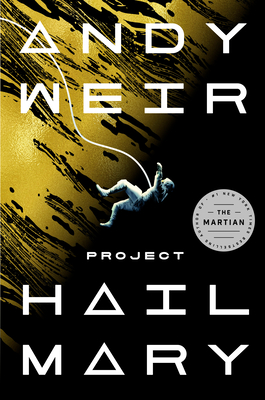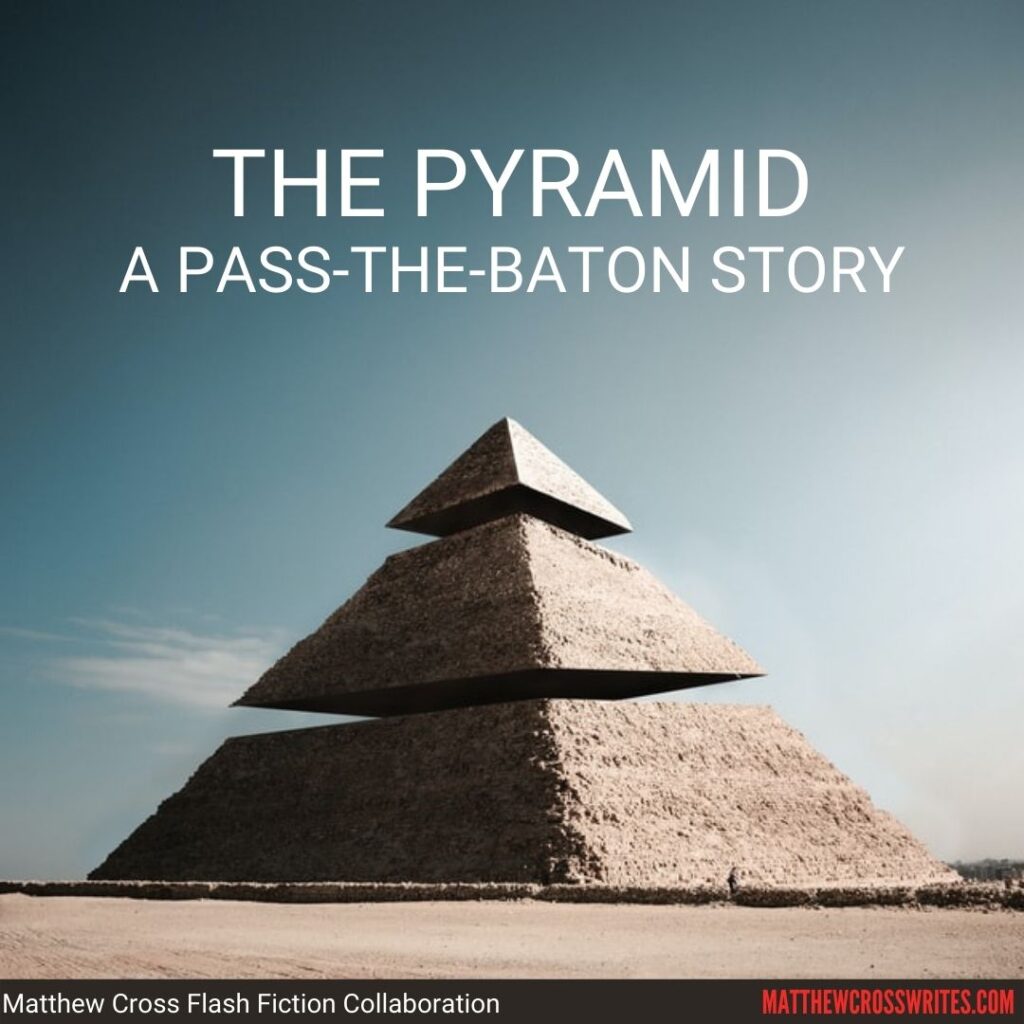I came across this book a few months ago after meeting the author on Twitter. The ideas that brought her to write the book intrigued me, so I picked up an ebook copy of it and its followup novel, which I immediately jumped into after finishing book one. I had recently finished reading Frank Herbert’s epic novel Dune when I saw the review of another reader of Aestus who had compared the world of this book to Dune. I had to investigate.
The book series title “Aestus” does not appear in the text of the story, but upon googling the term I realized how it related to the tale. The Latin word means heat, or fire, a reference to the setting of the story in a post apocalyptic subterranean society which is hiding from the heat of the daytime temperatures of Earth’s out-of-control, post-war climate. The story begins with the main character Jossey, who is an engineer of solar technology. She and her team are descending into the dark tunnels leading to their underground city at the end of a night of working on the surface. The underground city protects them from the heat of day and the frightening creatures that are the nemesis of the city dwellers.
The first chapters introduce the reader to a dark underground world of tunnels and the Onlar – frightening creatures who pursue the main character Jossey and her team of engineers. At first I thought this book would just be a sci-fi horror tale of monsters and fear of the dark, but as the story progressed, I found the author was building a much larger mystery with complex characters and a much deeper plot.
The incremental revealing of new characters, their motives, emotions, and back history is very well done. Understanding of who they are and their intentions is given slowly and steadily to the reader over the course of the book. I especially found the emotional interactions between several of the characters to be very intriguing, realistic, and well written. The ever growing and changing characters present a mystery to solve as Jossey decides who to trust while discovering that some things in her underground city are not always as they first appear.
This first book has a number of well presented plot mysteries for the reader which are paid off throughout the course of the book. I loved how unknown aspects of the city and the overall story are revealed with many surprising revelations. Some I saw coming, but many surprised me. The plot twists don’t feel contrived either. They’re subtly hinted at for the reader. Many “ah-ha” moments are experienced making the growing plot even more interesting as the tale expands.
Overall, I greatly enjoyed the adventure and fascinating characters in this story. While there are a few editing related issues that I think could have tightened up and possibly strengthened the tale, the storytelling was still the overriding strength of the book. Replacing some of the “LY” adverb use with more hinted-at sensory and emotion-based imagery might have given an even deeper feeling of “being there” in some spots. (I guess I can’t break from reading as a picky editor! Others might not find these stood out as much as they did to me). Possibly a few more editing passes could make the writing a little stronger, but in the end I overlooked these minor issues since the story and characters drew me further and further into an intriguing tale.
This first book ends with a new understanding of the plight of the characters and their perception of their world, but not all problems are resolved. Many payoffs for mysterious characters, motives, and plot lines are wrapped up at the end of the book, but since this is a multi-book story, the ending presents a major unresolved issue, obviously intended to make the reader press on into book two.
At first I was unsure if this uncompleted plot issue felt unsatisfactory to me, but the more I thought about it, the more I realized I liked where it left me as a reader. The first book has a number of huge payoffs, establishing a new playing field for book two. The unresolved plot issues at the end of book one were exciting enough to make me want to immediately jump into the second book right away – which is not something that has always happened for me in other series novels.
I believe this is the author’s first published book, so yes, I think there is room for growth in writing as her personal style and “voice” develops over time, but this story was much more intriguing to me than were other loudly lauded “new amazing authors,” whose books I have read in the past year. S.Z. Attwell’s storytelling brought to life wonderful characters I cared about and made me willing to follow along to see their next exciting adventure.
I highly recommend Aestus: Book 1: The City.



